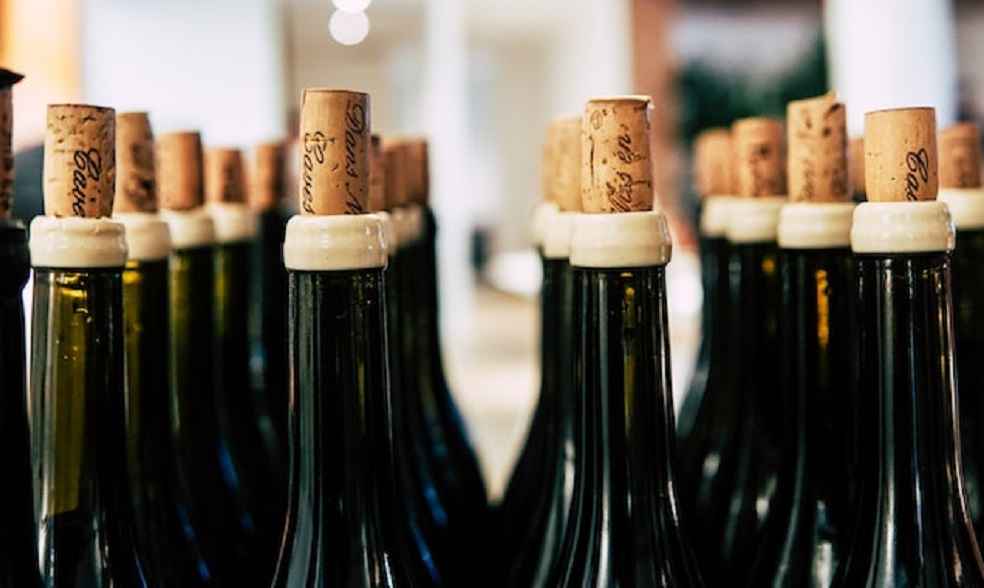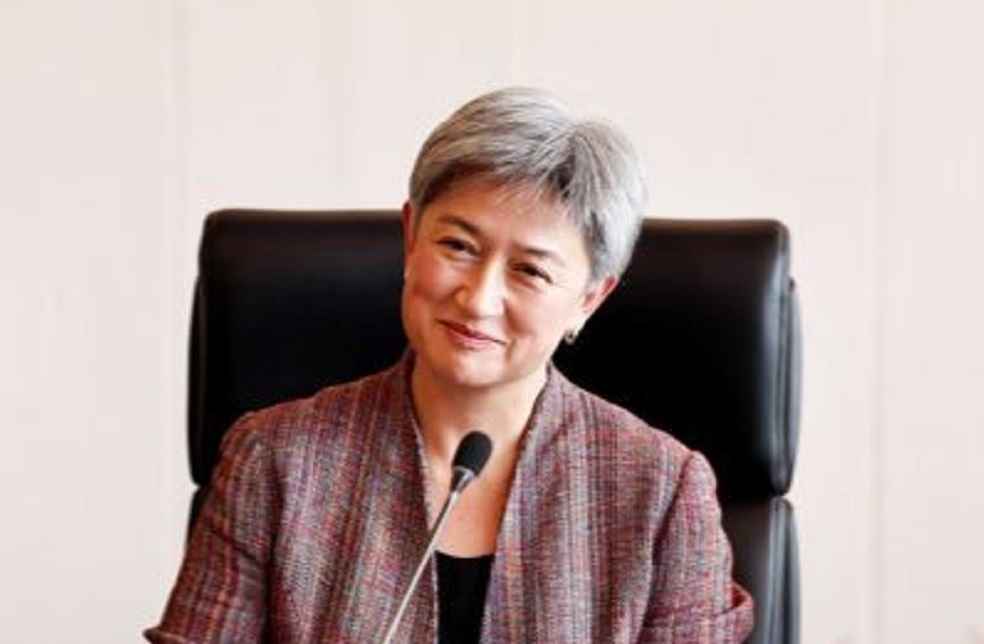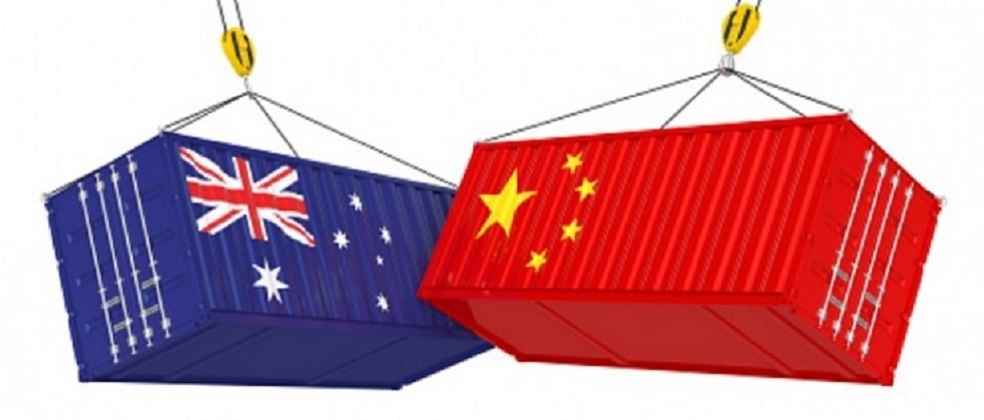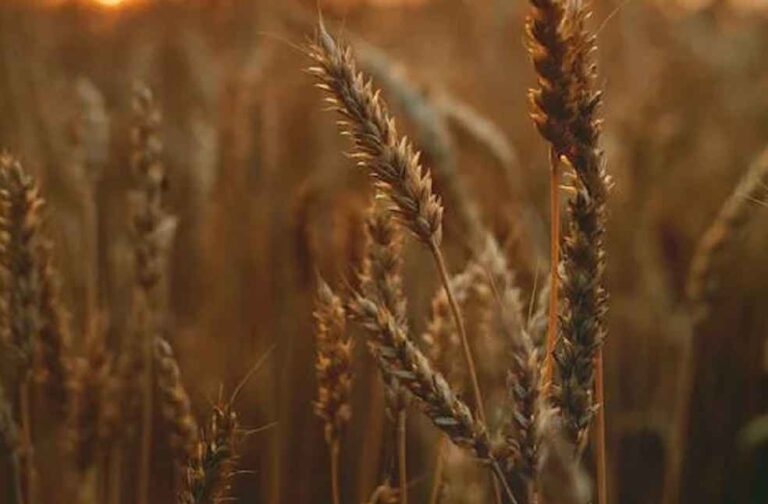Following a significant shift in Australia-China trade relations with Beijing’s decision to abolish the Australian barley tariff by 80.5%, the government of Australia led by Prime Minister Anthony Albanese is now urging China to remove its heavy tariffs on the nation’s wine. This development comes amid cautious optimism of a possible thawing of economic tensions between the two nations.
A significant reversal of policy that once nearly obliterated trade worth nearly $1 billion annually, China’s Commerce Ministry recently announced that the previously imposed tariffs on Australian barley would be scrapped, citing changes in the domestic market situation.
This encouraging development also boosts the likelihood of a much-anticipated trip to Beijing by Prime Minister Albanese before the end of 2023.

Responding to this favorable turn of events, Australia decided to drop its World Trade Organization (WTO) challenge against the barley tariffs. The challenge was temporarily put on hold in April when China agreed to reconsider the tariffs.
Despite this positive outcome, Australia stays focused on its WTO challenge against China’s enormous tariffs on Australian wine, up to 212%, which still hampers the wine industry.
Trade Minister Don Farrell commends this progress and emphasizes the Australian government’s inclination toward resolving disputes through peaceful negotiations rather than confrontation. This diplomatic strategy, as Farrell highlighted in his meetings with Chinese Commerce Minister Wang Wentao, will be deployed to address the persistent wine tariff issue.
Foreign Affairs Minister Penny Wong praises Farrell’s adept handling of the barley dispute and agrees that the recent decision serves Australian barley producers and Chinese consumers equally well.

Australia’s active role within the WTO played a pivotal role in achieving this outcome, said Wong, expressing her confidence about Australia’s wine case at the WTO. She further stressed the mutual advantages of eradicating all remaining trade obstacles, such as those affecting wine, lobster, and red meat.
As diplomatic ties exhibit signs of improvement, speculation grows about Prime Minister Albanese’s potential visit to China, with Wong describing it as a “positive development”. The Australian government continues to rally for the release of Cheng Lei and Yang Hengjun, detained Australian journalist and writer, respectively.
The opposition lauds the government’s progress, encouraging them to keep advocating for detained Australians. Industry representatives express both relief and cautious optimism following the removal of barley tariffs.

This breakthrough in barley tariffs marks a significant moment in Australia-China trade relations, offering a chance for further amicable negotiations, particularly concerning wine tariffs. Despite the relief, Australian growers remain alert about potential future trade disruptions, signaling a cautiously optimistic outlook.
IMEX SECTOR | Potential Chicken Price Hike as Anti-Dumping Duties Resume



